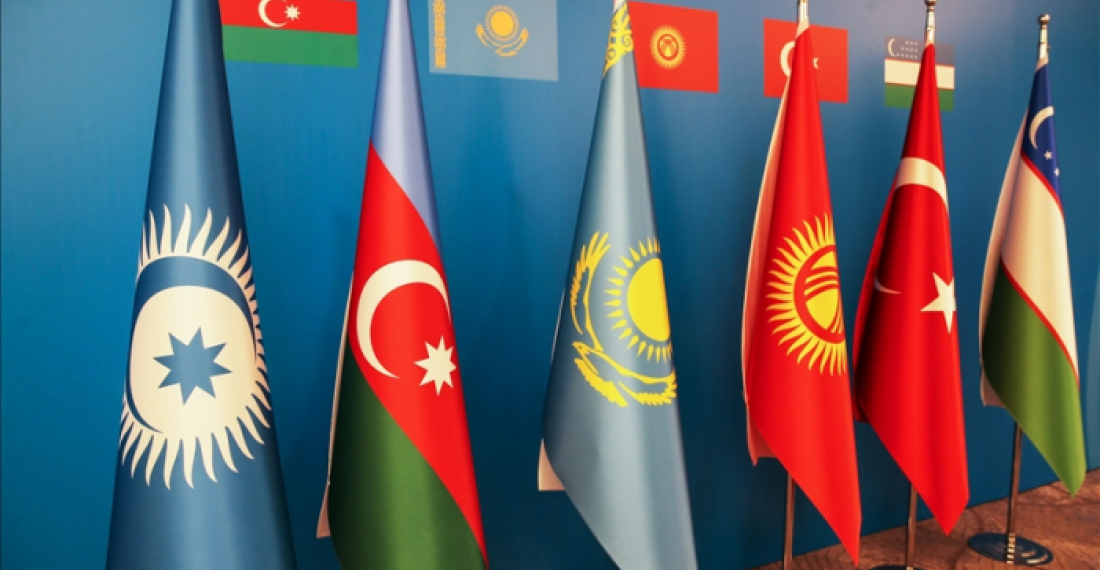Today on Thursday (16 March), the Organization of Turkic States (OTS) will meet in the Turkish capital of Ankara to discuss regional disaster preparation, joint humanitarian relief, and the interoperability of Turkic State disaster responses. The meeting comes some six weeks after a devasting earthquake in Turkey and Syria that has killed over 50,000 people.
Established in 2009 as the Cooperation Council of Turkic Speaking States, the OTS is an intergovernmental organisation that has as its "overarching aim" the promotion of "comprehensive cooperation among Turkic States". It has five member states - Azerbaijan, Kazakhstan, Kyrgyzstan, Turkey and Uzbekistan - as well as three observer states, namely Turkmenistan, Hungary and the internationally unrecognised Turkish Republic of Northern Cyrpus.
The precise theme of Thursday's extraordinary summit is "Disaster-Emergency Management and Humanitarian Assistance". Among those attending the summit are President Ilham Aliyev of Azerbaijan, Kazakh President Kassym-Jomart Tokayev, Kyrgyz President Sadyr Japarov, and Uzbek President Shavkat Mirziyoyev.
Speaking to the Turkish Anadolu news agency ahead of Thursday's summit, the Secretary General of the OTS Kubanychbek Omuraliev said that solidarity among the Turkic states was "priceless", adding that countries in the organisation believe that "our strength is in our unity".
Commenting on the immediate response of Turkic states to the 6 February earthquake, Omuraliev said, "in these difficult days, the people and states of the world came to help. These included OTS member states. Country leaders called (Turkish) President Recep Tayyip Erdogan on the first day after the earthquakes. Search and rescue teams were sent, and they worked with other teams."
"Support is important in times like these. This was also provided in social media. This support is invaluable," he added.
source: commonspace.eu with agencies
photo: Azerbaycan24






